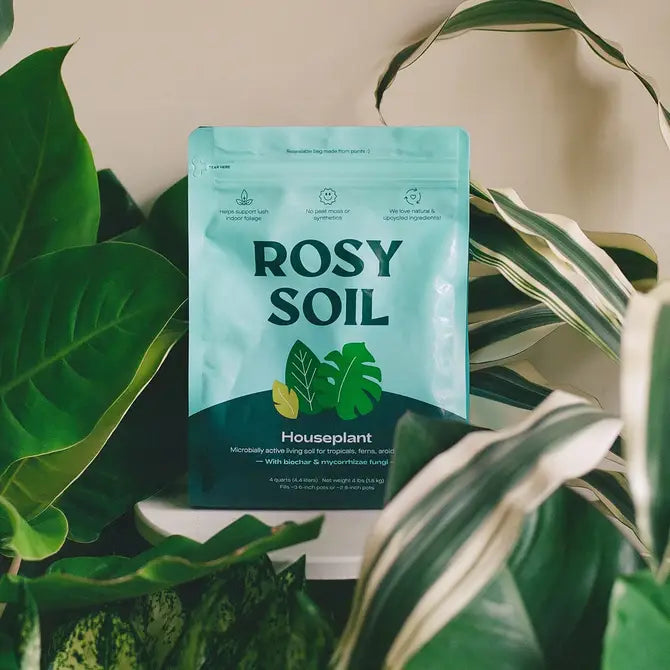
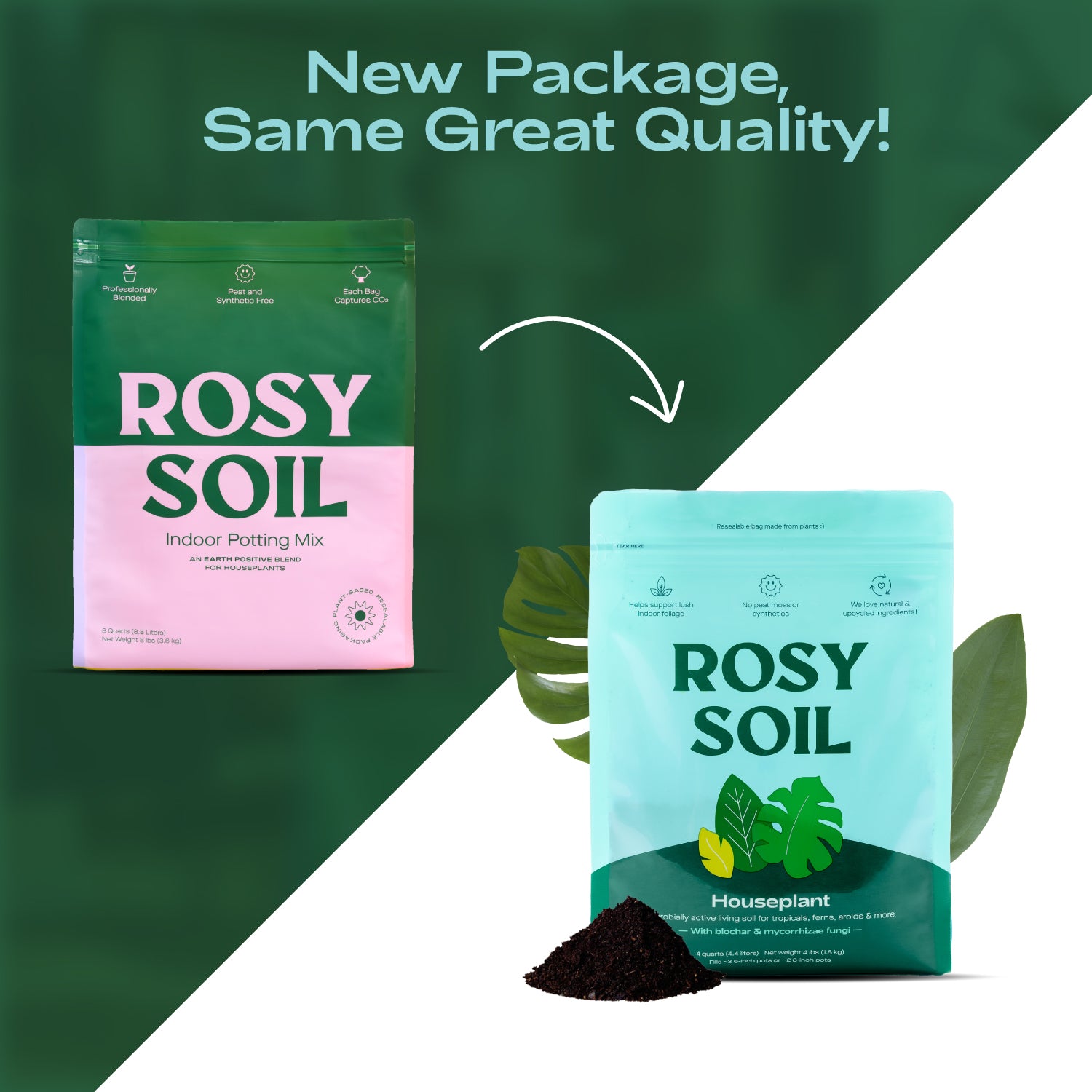
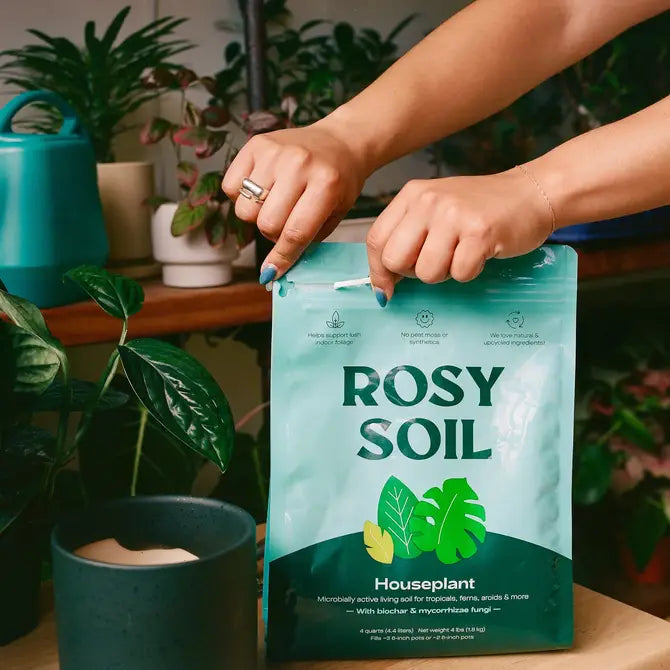
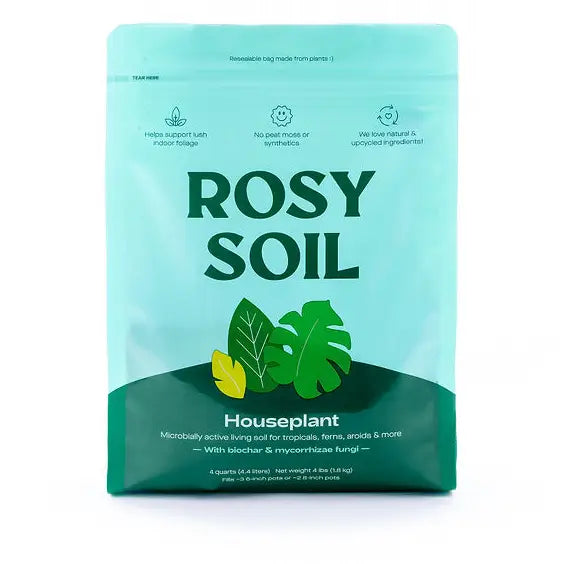
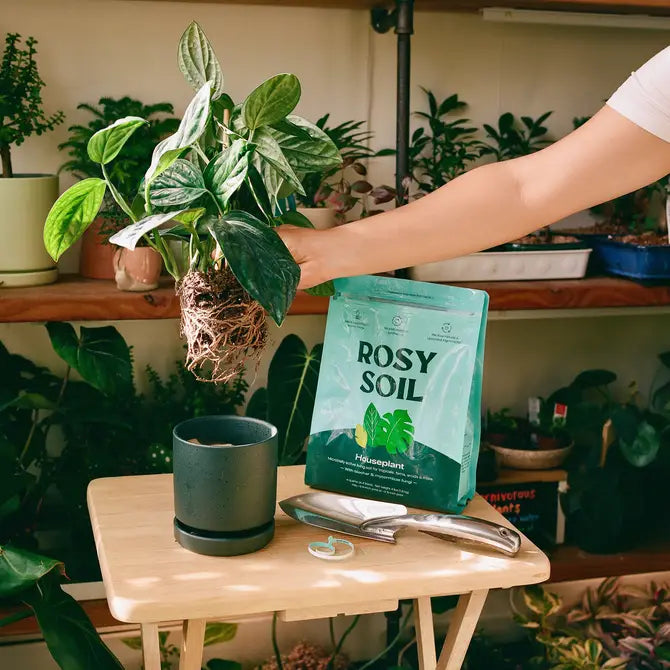
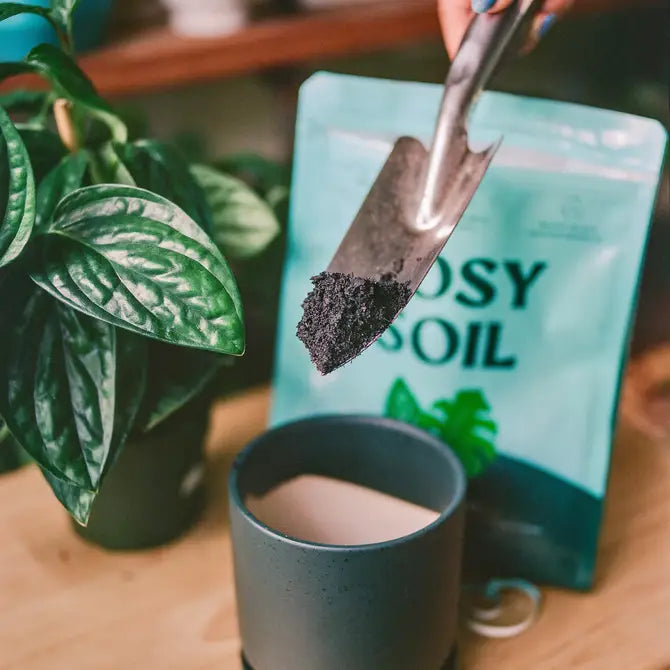
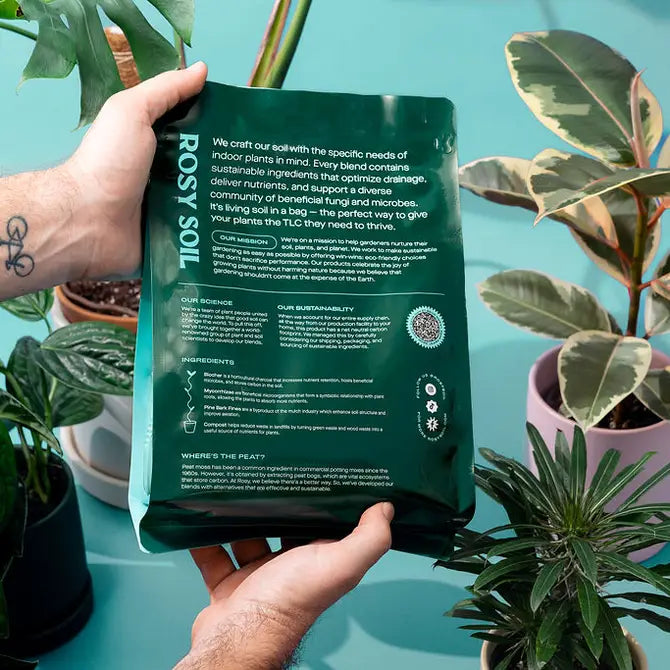
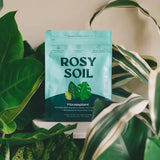
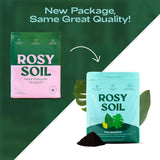
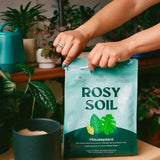
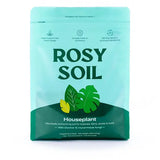
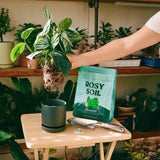
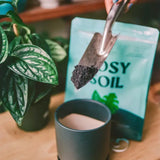
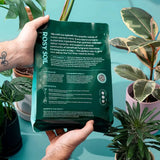
Indoor Potting Mix | 4 Quart
- NUTRIENT DENSE: Boosts soil aeration, drainage, and nutrient uptake to help houseplants flourish
- RESEALABLE: Plant-based packaging in convenient sizes for indoor plant parents
- SUSTAINABLE: Made from eco-friendly, high-quality ingredients (biochar, compost, mycorrhizae, pine bark fines) and is free from peat & synthetic additives.
- LIVING SOIL: Fortified with beneficial fungi & microbes to help promote healthy root development and lush foliage
- MISSION-DRIVEN: Our carbon-neutral blend helps fight climate change and is perfect for all types of houseplants, including foliage plants, flowers, ferns, herbs, and tropicals
$19.99
off
Free shipping on orders over $60
Indoor Potting Mix | 4 Quart
$19.99

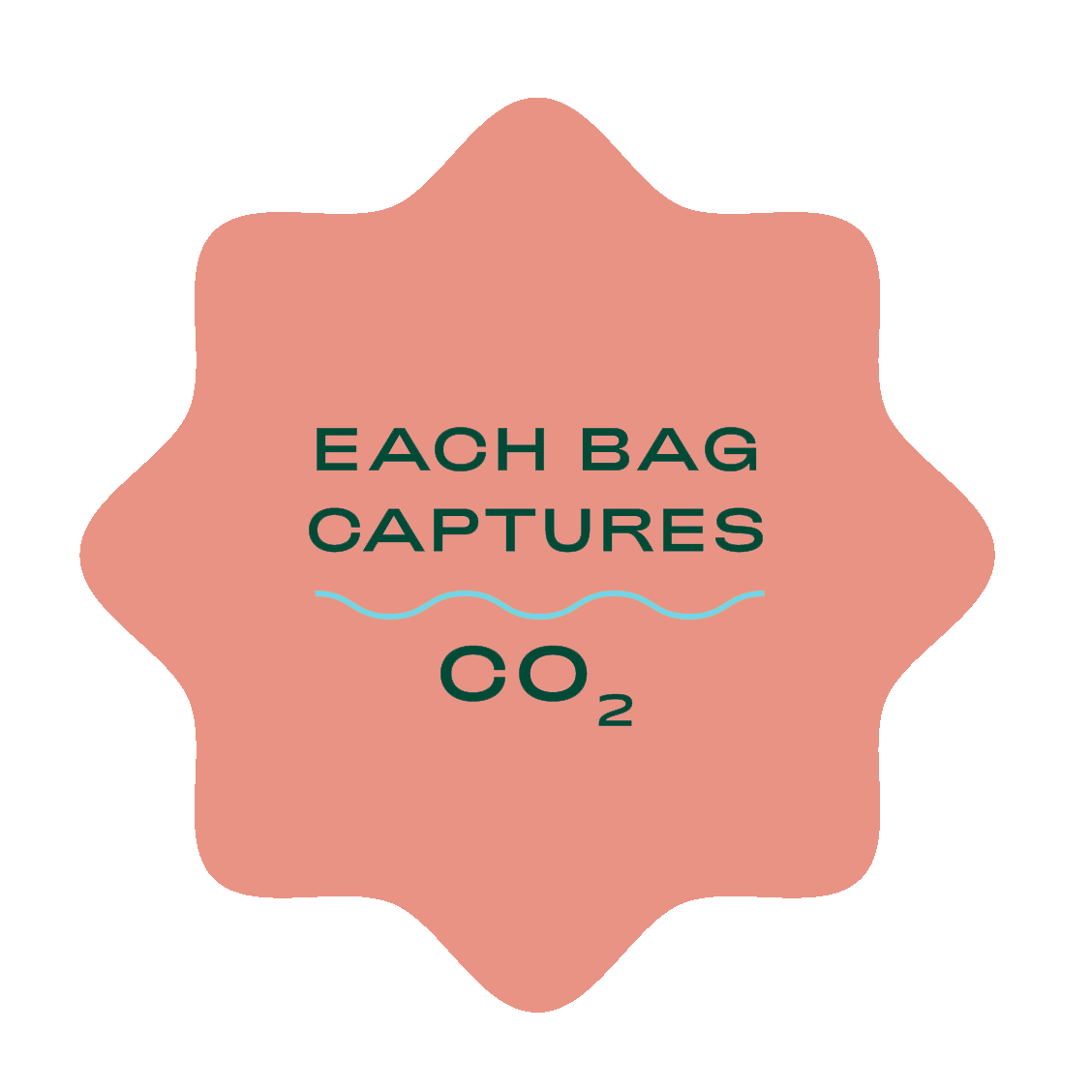

Good Soil Isn't A Miracle
Nutrient Dense, Living Soil
Scientifically blended for lush, thriving plants — with biochar to improve nutrient retention, drainage, and long-term soil health. Your plants grow better because your soil is better.
Ready to Use - Plant Care Made Easy
No mixing, no amendments, and no guessing. Our pre-blended soil is optimized for all houseplants, so even new plant parents can pot with confidence.
Peat-Free & Eco-Friendly
Every bag captures CO₂ and helps fight climate change. Unlike most potting mixes, Rosy Soil is free from peat, plastics, and synthetics — making it safe for your plants and the planet.
- Recently viewed











